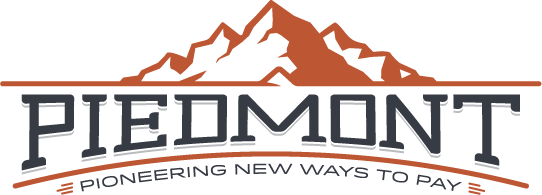How Does Piedmont Address the Four Main Persistency Issues?
There are four primary reasons for the low persistency of voluntary benefit sales. Two reside at the employer level and the other two deal with policyholder level issues. The good news is that Piedmont helps you address each one.
At the employer level, the primary culprit is billing issues. 53% of account defections cite “billing issues” as the primary reason for dropping coverage as a group. If you have been in this business more than two weeks, you know this is quite evident and probably have your own story to add. With Piedmont, we eliminate the employer billing process entirely…The employer doesn’t get a bill and doesn’t collect funds; resulting in improved persistency.
The second employer-level issue is competitive takeovers. 58% of VB sales are takeover sales. The reason that stat is so high is because a takeover is easy to accomplish when the employer holds all the power. In Piedmont’s model, without a deduction to stop or a bill to cancel, the employer or competing agent or broker don’t have the ability to wholesale shift the employee population from one carrier to another. And since we collect from each policyholder individually, Piedmont’s model insulates your accounts and makes rollovers much harder for the competition.
On the employee side of the equation, the primary reason for low persistency is job turnover. In America, employees are accustomed to leaving their benefits when they leave their current employment and pick up whatever benefits are at their next place of work. And with 30% of Americans changing jobs annually, it has a large impact on persistency. With Piedmont’s EFT model using bankdraft and credit card, coverage continues uninterrupted when a policyholder leaves their employer. Problem solved.
Finally, the knowledge gap of a missed deduction and knowledge of that missed deduction negatively affects persistency. Most carriers are not aware of a payment discrepancy until two months after it has occurred. If a policyholder stops deducting the first week of March, most carriers are not aware until the March bill is paid in late April or early May; which is too little, too late. With Piedmont, our model alerts you within 48 hours of a missed or short payment and works directly with the policyholder to fix the issue prior to the bill being due. So many renewals are lost because of this knowledge gap from deductions stopping to recogition of it by the carrier. So there it is. The four primary reasons – both at the employer and policyholder level – that creates poor persistency. And that is why Piedmont enjoys a 13-month persistency of 87%, higher than traditional payroll deduction. This upcoming enrollment season, make sure you utilize Piedmont’s zero-bill solutions to make sure the effort you are putting in today pay off for years to come in increased renewal income. And remember with Piedmont, that renewal income can be supplemented with fee income from using our services. And thank you for using Piedmont, the Original Payroll Deduction Alternative!

